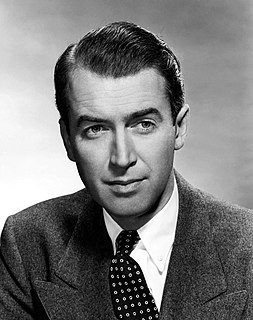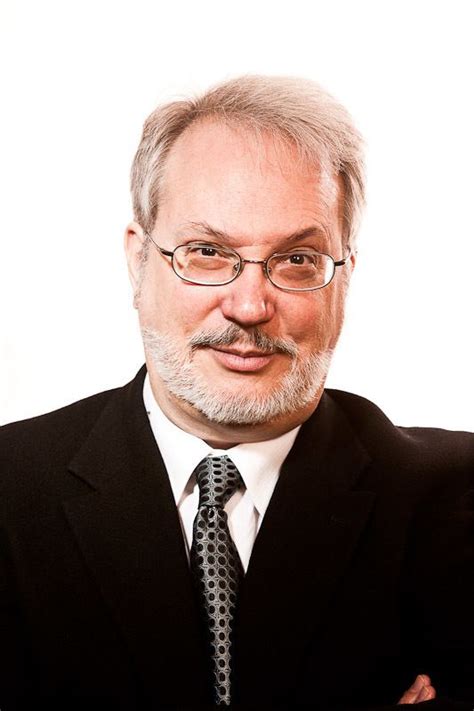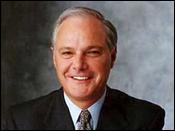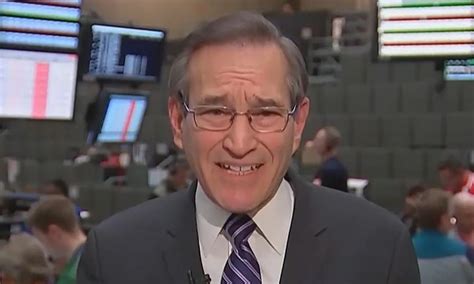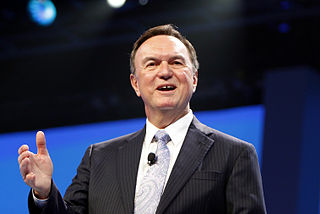Top 1200 Farmers Markets Quotes & Sayings - Page 3
Explore popular Farmers Markets quotes.
Last updated on October 3, 2024.
As to the latter point - that by having a child in America you are somehow starving a child in Bangladesh - remember that agricultural economics is not a zero-sum game. Farmers want to make a living, so as demand increases, so does production. Not only that, but agricultural productivity has increased so rapidly that in some countries the government pays farmers not to plant crops in an effort to keep food prices from dropping.
Go to the farmers market and buy food there. You'll get something that's delicious. It's discouraging that this seems like such an elitist thing. It's not. It's just that we have to pay the real cost of food. People have to understand that cheap food has been subsidized. We have to realize that it's important to pay farmers up front, because they are taking care of the land.
There is a bit of a problem with the match between derivative securities markets and the primary markets. We have long ago instituted principles, essentially high margin requirements, to prevent certain instabilities in the stock market, and I think they're basically correct. The trouble is that there's a linkage, let's say, between something like the stock market and the index futures markets, and the fact that the margin requirements are very different, for example, played some role in the October '87 crash.
The single most significant change has been the globalization of labor markets. Product markets - trade in goods - have been globalizing for years. But now, with the reduction in communication expenses and the building of all sorts of IT infrastructure, essentially any job can be done almost anywhere.
At the time I was writing 'Weedflower,' my friend Naomi Hirahara was writing a book about Japanese-American flower farmers. She knew quite a few elderly farmers and put me in touch with four or five of them who had been in camps during WWII. Some, like my father, were reluctant to talk about their experiences.
When I went to first grade and the other children said that their fathers were farmers, I simply didn't believe them. I agreed in order to be polite, but in my heart I knew that those men were impostors, as farmers and as fathers, too. In my youthful estimation, Laurence Cook defined both categories. To really believe that others even existed in either category was to break the First Commandment.
There is no reason why a company like Monsanto, for example, that is pushing GMOs, cannot go to Kenya, partner with the university, partner with the research institutions, and try to promote - in a responsible way - advanced techniques to help farmers. But this should be done in such a way that the farmers' livelihoods are not undermined because the government is irresponsible or careless, or because it is compromised.
People in Shanghai make a lot more money than the farmers in the rice paddies. The rice-paddy farmers are not buying Louis Vuitton bags, but the upwardly mobile ones in Shanghai, who are all working in Wall Street-type firms, are infinitely better-dressed than people in the West. Their women take this fashion thing seriously.
The traditional farm, the peanuts, the cotton, the corn, is probably not the thing to do, because you're up against big farmers who can afford all the equipment to grow those kinds of crops. But we need healthy food. We're being encouraged to eat more vegetables. Our school systems are being encouraged to buy locally. So, we need farmers who can produce that food.
The main purpose of advertising is to undermine markets. If you go to graduate school and you take a course in economics, you learn that markets are systems in which informed consumers make rational choices. That's what's so wonderful about it. But that's the last thing that the state corporate system wants. It is spending huge sums to prevent that.
Family farmers are small farmers who love the land. They're still not getting enough money for their product and are rapidly losing their battle to stay in business. By helping the American family farmer, we will in turn help ourselves out of the economic hole that we find ourselves in today. It doesn't really matter how we got here; the point is, we have to dig our way out.
We seem to forget that everything that is good for the environment is a job. Solar panels don't put themselves up. Wind turbines don't manufacture themselves. Houses don't retrofit themselves and put in their own new boilers and furnaces and better-fitting windows and doors. Advanced biofuel crops don't plant themselves. Community gardens don't tend themselves. Farmers' markets don't run themselves. Every single thing that is good for the environment is actually a job, a contract, or an entrepreneurial opportunity.
In Germany it is good if as many people as possible join initiatives and peaceful demonstrations against the rule of the financial markets. Worshipping the unfettered freedom of global markets has brought the world to the brink of ruin. We now need social and ecological rules for the market economy.
Plant genetic resources are seldom 'raw materials'; they are the expression of the current wisdom of farmers who have played a highly significant role in the building up of the world's genetic resource base... As is already happening in my country, farmers and national genebanks in developing countries can work together to preserve and expand crop genetic diversity on behalf of all humanity.
Good farmers, who take seriously their duties as stewards of Creation and of their land's inheritors, contribute to the welfare of society in more ways than society usually acknowledges, or even knows. These farmers produce valuable goods, of course; but they also conserve soil, they conserve water, they conserve wildlife, they conserve open space, they conserve scenery.
An environmentalist can oppose factory farming because it's reckless stewardship. A conservative can oppose factory farming because it is destructive to small farmers and to the decent ethic of husbandry those farmers live by. A religious person can oppose factory farming because it is degrading to both man and animal - an offense to God.
